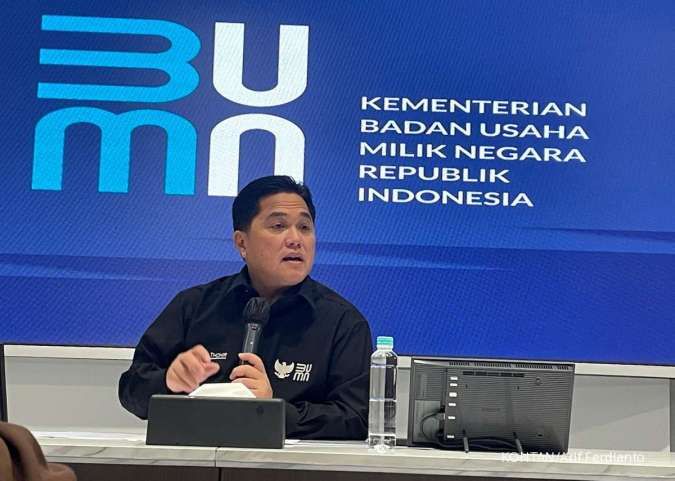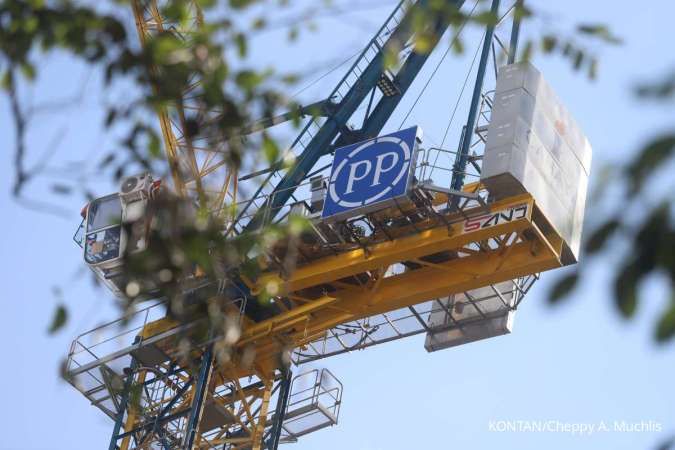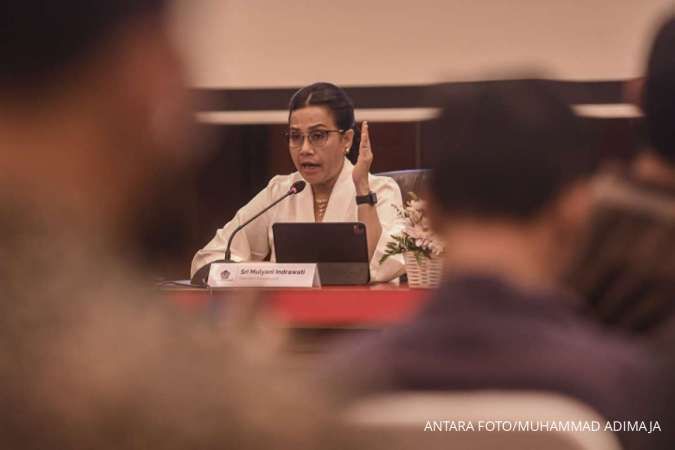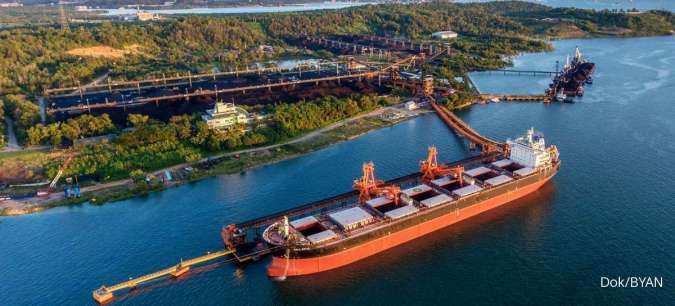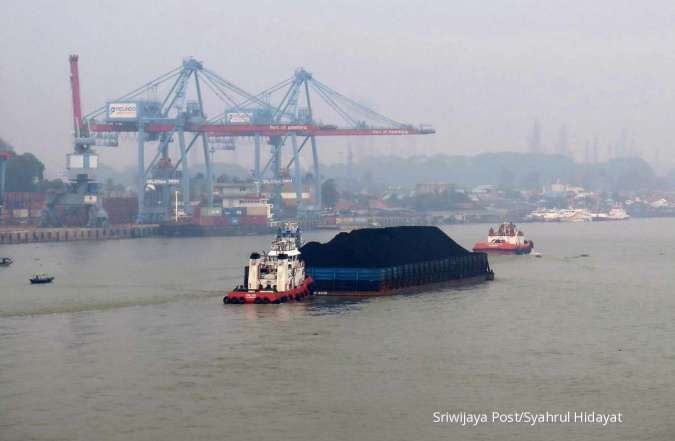STATE OWNED ENTERPRISE - JAKARTA. The Indonesian Ministry of State-Owned Enterprises (SOEs) continues its efforts to restructure and revitalize state-owned companies, with an optimistic completion date set for October 2024. However, the current restructuring model is considered challenging to succeed.
SOE observer Herry Gunawan stated that the restructuring plan proposed by the Ministry of SOEs follows a partial pattern, which involves merging troubled companies with other companies.
Gunawan cited the example of PT Asuransi Jiwasraya, which was absorbed into the IFG holding company. This model is also expected to be applied to PT Waskita Karya Tbk (WSKT), which is planned to be incorporated into PT Hutama Karya (Persero).
“This model will not solve the problem, as it is reactive to the issues of one or two SOEs that may continue to arise at different times,” he told KONTAN on Monday (6/5).
Gunawan suggested that restructuring should be carried out comprehensively. He said the government needs to determine which business sectors require SOEs, so that unnecessary companies can be released.
“Let the private sector develop, because currently there is a lot of cannibalism in infrastructure. They are playing in the same niche,” he said.
For your information, the Ministry of SOEs is currently working on the revitalization of several SOEs such as PT Waskita Karya Tbk (WSKT), PT Wijaya Karya Tbk (WIKA), and in the pharmaceutical SOEs, PT Indofarma Tbk (INAF) and PT Kimia Farma Tbk (KAEF).
Gunawan revealed that another potentially troubled SOE is PT Kereta Api Indonesia (KAI). According to him, KAI is a healthy SOE burdened with debt from the high-speed train project.
“They are already crying out for government assistance in the form of State Capital Participation (PMN). Again, it becomes a burden on the state budget. Meanwhile, the state budget has to pay a debt due in 2025 of about Rp 700 trillion,” he revealed.
In addition, Gunawan continued, debt burdens will also be experienced by PT Krakatau Steel Tbk as many of its healthy subsidiaries are currently being sold, for example, those engaged in water and electricity management.
“Regarding the debt of troubled SOEs, I don't know the exact amount. The figure is certainly in the hundreds of trillions and this again becomes a potential burden on the state,” he concluded.
SOE observer from the University of Indonesia, Toto Pranoto, stated that completing the restructuring of SOEs is not a matter of deadlines, as this is an essential issue.
“This is an essential issue, how far the fundamental improvement of SOE diseases can be completely resolved,” he told KONTAN.
Pranoto said, revitalizing SOEs is not just a matter of the restructuring model, but there are several things that need to be considered in improving SOEs in the future.
“Fundamental improvements related to the quality of Good Corporate Governance (GCG), leadership quality, and the agility of SOE organizations in facing drastic external changes,” he said.
Furthermore, Pranoto added, in addition to the SOEs that are currently being revitalized as mentioned above, it is necessary to also look at SOEs in the progress of improvement that are now managed by the Asset Management Company (PPA).
“They must be checked whether they are also on the right track in terms of restructuring progress,” he explained.
Meanwhile, Member of Commission VI of the Indonesian Parliament, Amin AK, explained that based on the restructuring process, WSKT is targeted to be completed this month. One of the steps taken is to pay off bonds.
“After the restructuring is completed, Waskita Karya will become a subsidiary of Hutama Karya starting next year,” said Amin.
Amin mentioned that for Wijaya Karya, they only know that a Master Restructuring Agreement (MRA) has been signed. As for the pharmaceutical SOEs, there is no information about the progress of its restructuring.
Amin did not deny, the total debt of the restructured SOEs is indeed very large. This is reflected in the allocation of the state budget for PMN to the restructured SOEs.
“The allocation of state budget funds for SOEs through PMN from 2005-2021 alone for SOE restructuring reached Rp 12.7 trillion and the improvement of SOE performance reached Rp 345.6 trillion,” he concluded.
/2022/10/17/832758563p.jpg)
